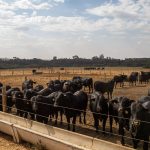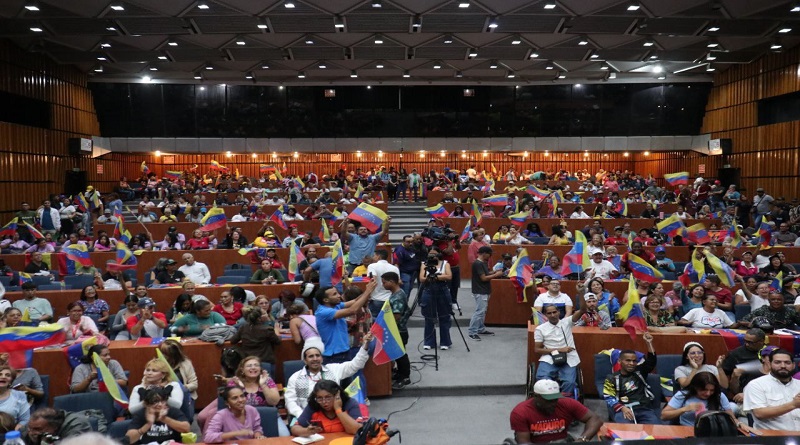Just three months after the elimination of the tariff at imports of rice Dominican, as provided by the Treaty of Free Trade between the Dominican Republic, Central America and the United States (DR-Cafta), the Minister of AgricultureLimber Cruz, acknowledged that the Government still not reaching a agreement common with their American counterparts.
“They have not really concluded (the talks), but we do have our position,” the head of the institution told the press on Friday, adding that the dialogue with the United States “has been ongoing” on this issue.
He reported that the Commission Interministerial of the Rice –made up of the ministers of Agriculture and Industry and Commerce, as well as representatives of the rice sector – will hold a next meeting to “establish a position” on this issue, which producers hope to maintain starting next October.
The official explained that the coordinated work between all the actors in the cereal value chain has been “constant” so that the decision of the treaty, to which the Dominican Republic adhered in 2005, “does not affect the production national of the country.”
Likewise, the minister reiterated that he is working to promote an increase in the productivity of the riceto guarantee returns to producers and increase the competitiveness of this item.
“When you are productive, when you are efficient, when you do more with less, it doesn’t matter where the product comes from, you will be able to compete with anyone,” he said.
Increase in the production of the chicken
As for the production of the chickenCruz indicated that he has pending to meet again with members of the Association Dominican of Poultry farmers (ADA), in order to know how the increase in the production of this meat.
He said that the sector is “in the final phase” of recovering from the losses it suffered due to high temperatures and the arrival of low-quality inputs, which affected the performance and weight of the chicken.
He said that prices “did not skyrocket” because the Ministry managed to supply traders with 8 million pounds of chicken that were in reserves, mitigating the impact of the shortage.
Production of the pig is recovering
About the production swine, Limber Cruz said that African swine fever (ASF) has remained at controlled levels, which has continued to increase production of meat to volumes close to what it was before the arrival of the disease, although he avoided giving figures on how much the demand has grown. production.

















